We all have moments in life where we find ourselves at a crossroads.
- Do I eat the cookies or the apple?
- Do I take a walk or binge Netflix?
- Do I buy the skis I want or put the money in my savings account?
We know what we should do, but it’s often at odds with what feels good in the moment.
Life would be so much easier if we naturally chose the better option, wouldn’t it? If we just automatically picked up that apple without even thinking about it or found it just as satisfying to save the money as we do buying the new shoes.
But that’s not usually how life works.
Creating Better (and Easy) Financial Habits
In James Clear’s book Atomic Habits, he discusses the concept of habit stacking – something we often do every day without realizing it (and something that could be utilized to make better decisions).
Habit stacking is when you train yourself to do a series of tasks on a consistent basis. For example, when I get up in the morning, I do this series of tasks without even really thinking about it:
- I make coffee.
- I water my garden.
- I notice my husband has made the bed as usual.
When I’m getting ready, I do the following:
- I wash my face.
- I put lotion on.
- I put on my sunscreen.
These are things I don’t even think about anymore – I just do them.
Any of us can look at the habits we already “stack” and find ways to build on them to create the outcomes we’re looking for.
…the reason habit stacking works so well is that your current habits are already built into your brain. You have patterns and behaviors that have been strengthened over years. By linking your new habits to a cycle that is already built into your brain, you make it more likely that you’ll stick to the new behavior.
Once you have mastered this basic structure, you can begin to create larger stacks by chaining small habits together. This allows you to take advantage of the natural momentum that comes from one behavior leading into the next. (Source)
How Can We Tie This to Your Finances?
Let’s take a look at some things you might do daily, weekly, or monthly when it comes to managing your money:
Daily: One of the examples from James Clear is to wait 24-hours before making a purchase of $100 or more. Another task you could build on is to write down your expenses from the previous day before you turn on your computer in the morning.
Weekly: If you find yourself sitting down to have a cup of coffee every Sunday afternoon, use that time to create your weekly grocery list so you can plan your week. Want to take it a step further? Prep your meals ahead of time. This could save you time and money because you’re avoiding those last-minute meal purchases.
Choose one day a week as your “financial education” day. Find a habit that you already have (like checking your phone first thing in the morning) and before you log into social media, listen to a short financial podcast or read a financial education article (like my blog!).
Monthly: When you pay your mortgage, rent, or another monthly bill, set a financial goal for the next month: “I will stick to my food budget next month” or “I will work on one skill to increase my value to employers.”
Small Changes Lead to Big Outcomes
The whole premise of Atomic Habits is the concept of making small changes that will lead you where you want to go over time. Don’t look at your finances and feel paralyzed. Think of one small thing you can implement today and see where that leads.
Want to work on it together? Let’s talk about it! CLICK HERE to contact me.






